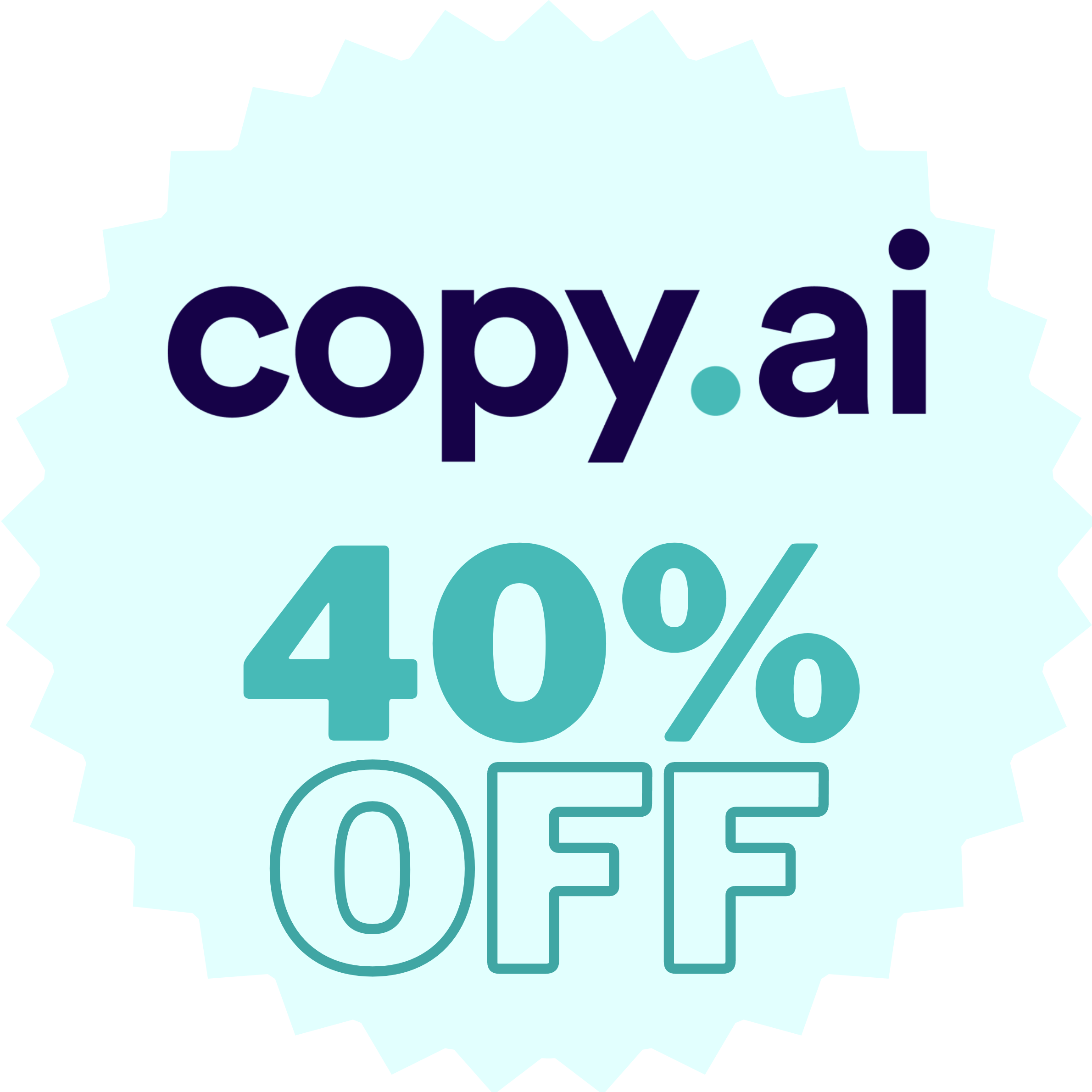500+ AI Tools in one place
Discover the best artificial intelligence tools and technologies available today.
Latest posts
Frequently asked questions
AI tools are software applications that use artificial intelligence and machine learning algorithms to perform tasks that typically require human intelligence, such as recognizing patterns, making predictions, and analyzing data. They work by processing and analyzing large amounts of data, using that information to learn and make decisions, and adapting over time as they continue to learn from new data.
When selecting an AI tool, it’s important to consider your specific needs and goals. Some things to consider include the type of task you want the tool to perform, the type of data you need to process, your budget, and any technical requirements or limitations. Researching different options and reading reviews can also be helpful in choosing the right AI tool for you.
The cost of AI tools can vary widely. Some tools may be free or have a free trial period, while others may require a subscription or one-time purchase. More advanced or specialized AI tools may also be more expensive. It’s important to consider the cost in relation to the value the tool will provide for your business or project.
AI tools can automate certain tasks and make them more efficient, but they are not designed to completely replace human workers. In many cases, AI tools are used to augment the work of human employees, allowing them to focus on more complex or creative tasks.
The accuracy of AI tools can vary depending on the specific tool and the quality of the data being processed. Some AI tools may be highly accurate, while others may have a higher margin of error. It’s important to research and test any AI tool before using it for critical tasks.
The technical requirements for using AI tools can vary. Some tools may be relatively simple and require little to no technical knowledge, while others may require more advanced skills or programming knowledge. It’s important to consider your own technical expertise and any training or support that may be available when selecting an AI tool.
There are a number of legal and ethical considerations to be aware of when using AI tools, including issues related to privacy, discrimination, and accountability. It’s important to research and understand any relevant laws and regulations, as well as consider the potential impacts of using AI on your business or organization and its stakeholders.













